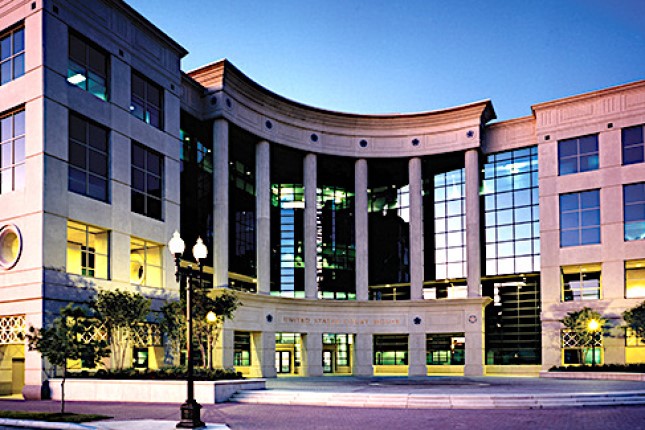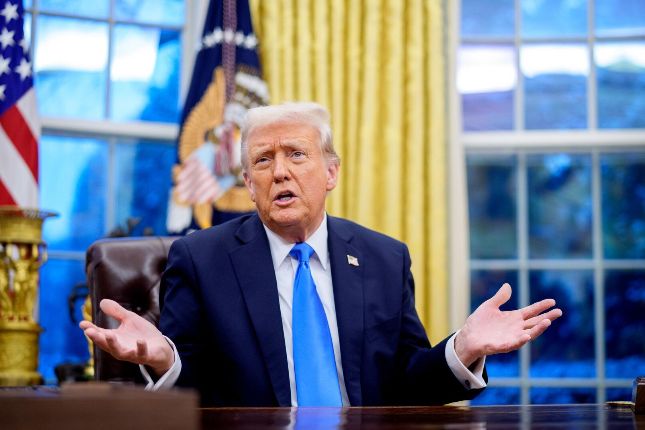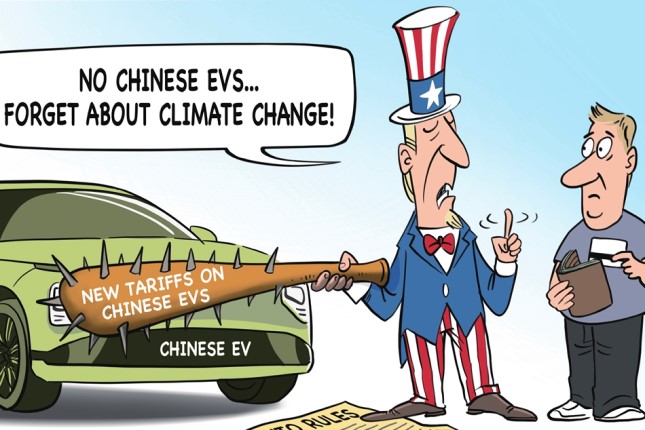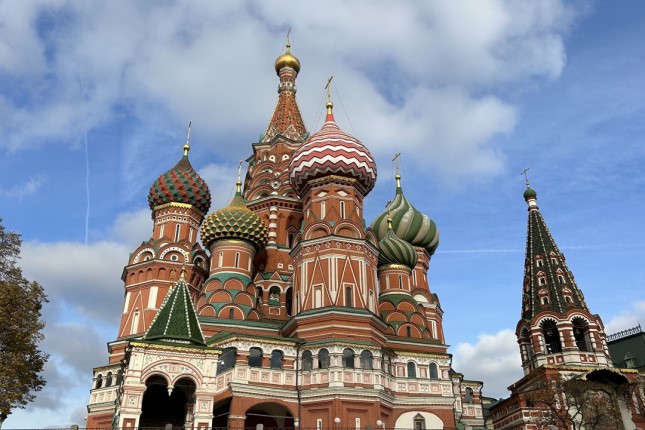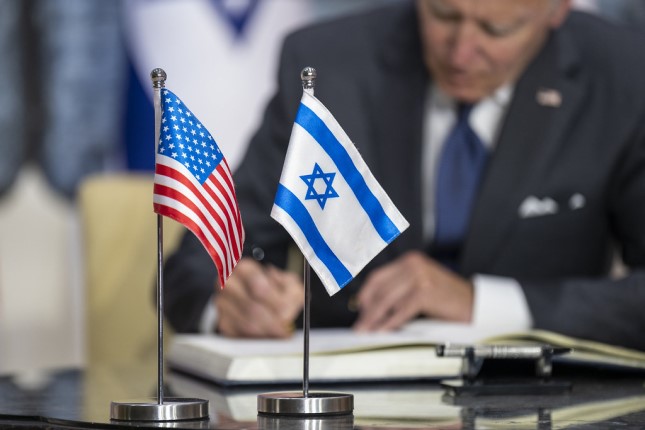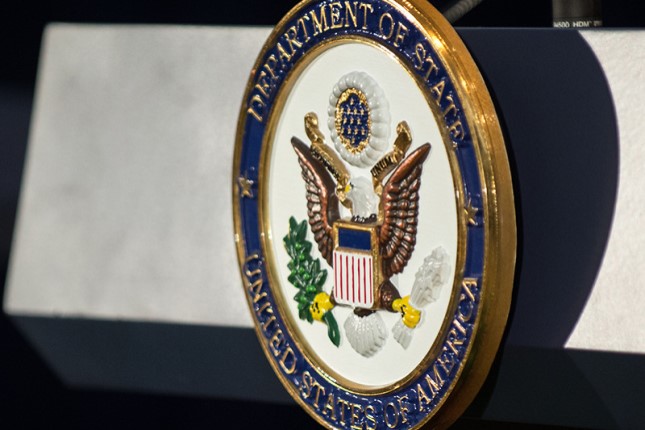A U.S. federal judge on Tuesday issued a temporary injunction against a number of government agencies preventing them from talking to social media firms for “the purpose of urging, encouraging, pressuring, or inducing in any manner the removal, deletion, suppression, or reduction of content containing protected free speech.”
Judge Terry Doughty of the U.S. District Court for the Western District of Louisiana ruled that the agencies couldn’t identify specific social media posts to be taken down or ask for reports about the social media company’s efforts to do so.
Exceptions could only be made when dealing with crime, national security threats or foreign or domestic attempts to influence elections, however. That would seem to leave the determination of national security and foreign influence up to the government agencies themselves, without the apparent need of an investigation or evidence.
The ruling was made in the case of a lawsuit brought by the attorneys general of Louisiana and Missouri. The Biden administration is expected to appeal the decision.
Reporting of the Twitter Files over the past few months revealed that the F.B.I. and the Department of Homeland Security, among other agencies, routinely contacted Twitter to request that specific tweets be taken down.
The U.S. Supreme Court ruled that is illegal for government to ask a private company to suppress free speech.
The ruling in Louisiana names specific officials in various agencies that are barred from contacting social media firms for the purpose of getting content taken down.
Among the individuals named in the injunction are Karine Jean-Pierre, the White House press secretary; Alejandro Mayorkas, director of Homeland Security; as well as various officials in the State Department; the Census Bureau and the Centers for Disease Control and Prevention (CDC).
Unhappy NYT
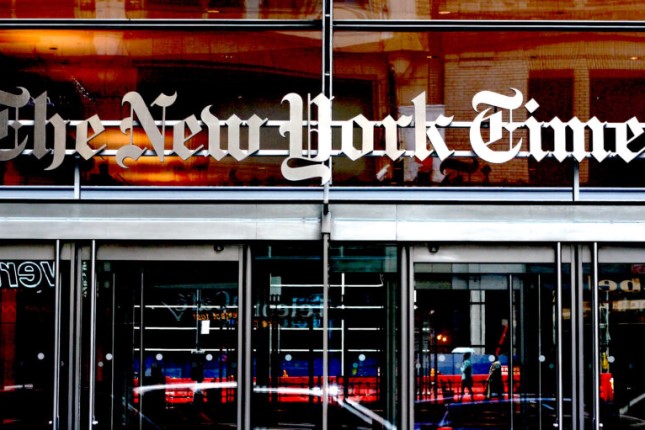
Entrance to The New York Times. Photo: Niall Kennedy / Flickr / CC BY-NC 2.0.
The New York Times was not happy about the judge’s decision. In what is presented as a news story, the Times paints the issue in partisan terms, reporting incorrectly that Republicans alone are concerned about government-social media collusion and what it means for free speech.
The newspaper said: “Republicans accuse the government of inappropriately working with social media sites like Facebook, Twitter and YouTube to censor critics and say the platforms disproportionately take down right-leaning content. Democrats say the platforms have failed to adequately police misinformation and hateful speech, leading to dangerous outcomes, including violence.”
The lead paragraph in the Times story warns that the ruling “could curtail efforts to combat false and misleading narratives about the coronavirus pandemic and other issues.”
The newspaper warns that, “Courts are increasingly being forced to weigh in on the issue — with the potential to upend decades of legal norms that have governed speech online.”
It has never been a legal norm for the government to press social media companies — which have not been around for decades — to take down user content.
The Times takes a glaringly clear Democratic Party line, complaining that, “The Republican majority in the House has taken up the cause, smothering universities and think tanks that have studied the issue with onerous requests for information and subpoenas.”
The paper casts doubts on clear First Amendment violations being instigated by government agencies, saying: “Since acquiring Twitter last year, Elon Musk has pushed a similar argument, releasing internal company documents to chosen journalists suggesting what they claimed was collusion between company and government officials. Though that remains far from proven, some of the documents Mr. Musk disclosed ended up in the lawsuit’s arguments.”
Every reporter at The New York Times was “chosen” by the newspaper’s management. And there is little doubt that the Twitter Files have conclusively proven that U.S. government actors got private actors to censor people’s free speech because the government cannot legally do so on its own.
Main photo: Courthouse of the U.S. District Court-Western District Louisiana in Shreveport.
Source: Consortium News.
